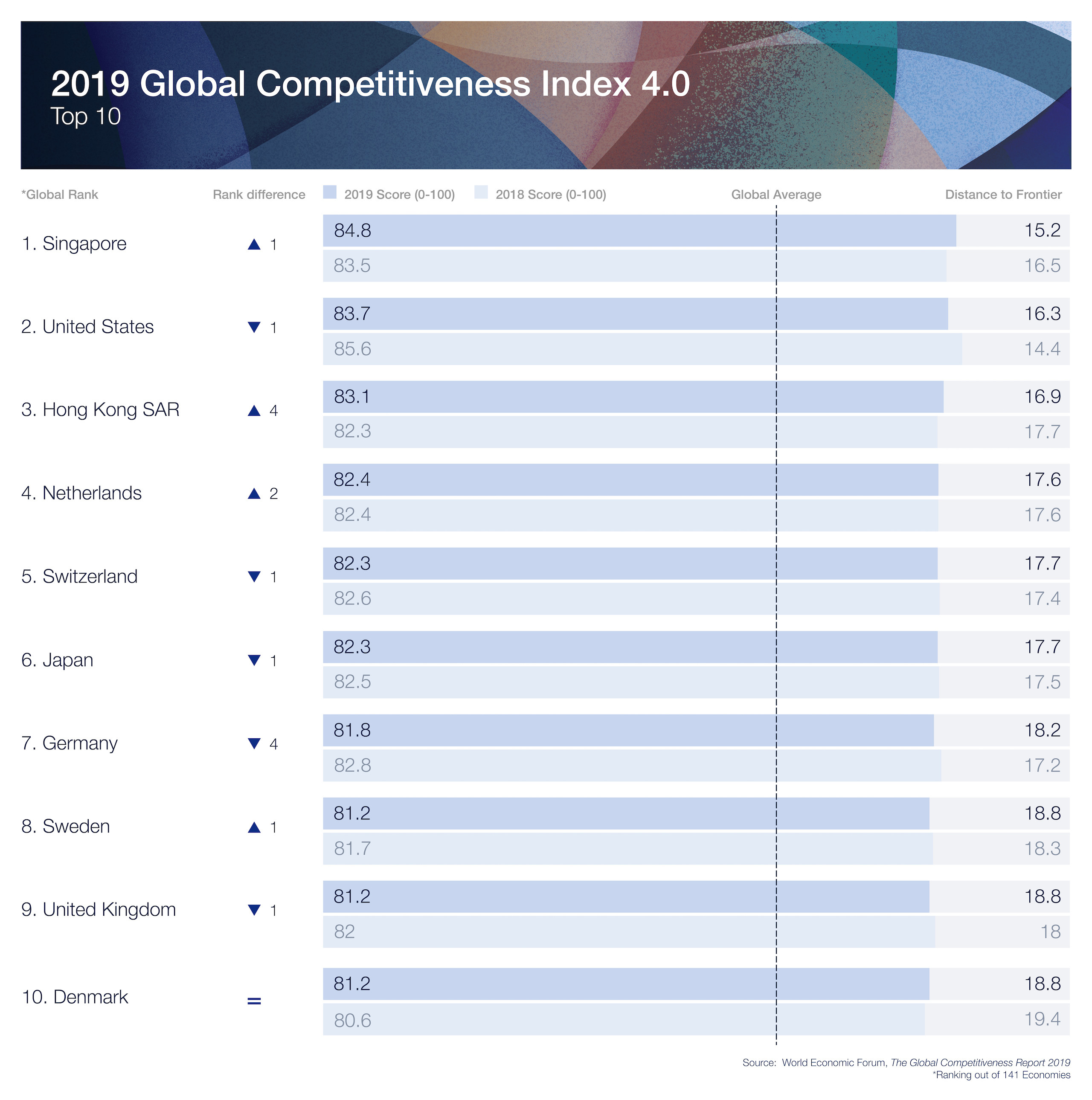GDP is growing fastest in these countries - what it means

India, Saudi Arabia, France and Turkey are leading the GDP Growth in 2021 Image: UNSPLASH/ Micheile
Listen to the article
- Countries including India and Turkey saw strong GDP growth in the third quarter of 2021.
- While other countries, including China, Australia and Japan, saw their GDP slow or fall.
- The OECD says GDP growth in half the G20 major economies is still below pre-pandemic levels.

India, Saudi Arabia, France and Turkey are leading the bounceback from COVID-19 across the G20 forum of the world’s major economies, according to new data.
The Organisation for Economic Co-operation and Development (OECD), a 38-country grouping that advises policymakers, estimates that in the third quarter of 2021, India enjoyed 12.7% growth in its Gross Domestic Product (GDP) – the value added by a country’s production of goods and services.
This was “mainly driven by fixed investment and private consumption”, the OECD said in its G20 GDP growth Quarterly National Accounts release, compared with a contraction of 11.6% in the previous quarter.
Overall, the 20-member G20 area grew its GDP by 1.7% between the second and the third quarter of 2021. This is up from “moderate” quarter-on-quarter growth of 0.4% in Q2, and contrasts with a slowing trend in the 38-member OECD area. The growth rate here shrank between the second and third quarters from 1.7% to 1.1%.
Will Omicron affect GDP growth
The spread of the Omicron variant of COVID-19 is expected to lead to a downgrade of global economic growth projections from the International Monetary Fund (IMF) on 25 January.
Confirmed COVID-19 cases have passed 307.1 million, globally, according to Johns Hopkins University. Latest developments include rapidly rising case numbers in countries including Mexico, Australia, Japan and the United States, and new restrictions in countries including China and India.
What do we mean by ‘competitiveness’?
Some low- and lower-middle-income countries are facing “serious challenges” in vaccine deployment, the IMF-led Multilateral Leaders Task Force warned in December 2021.
Less than 5% of the population in low-income countries is fully vaccinated, and around 30% in lower-middle-income countries, it added.
The World Economic Forum's Global Risks Report 2022 looks at the challenges facing the world economy from the “cascading impacts” of the pandemic, but also emerging risks including climate transition and “cyber vulnerabilities”.
Don't miss any update on this topic
Create a free account and access your personalized content collection with our latest publications and analyses.
License and Republishing
World Economic Forum articles may be republished in accordance with the Creative Commons Attribution-NonCommercial-NoDerivatives 4.0 International Public License, and in accordance with our Terms of Use.
The views expressed in this article are those of the author alone and not the World Economic Forum.
Stay up to date:
Vaccination
Related topics:
Forum Stories newsletter
Bringing you weekly curated insights and analysis on the global issues that matter.
More on Health and Healthcare SystemsSee all
Mansoor Al Mansoori and Noura Al Ghaithi
November 14, 2025









